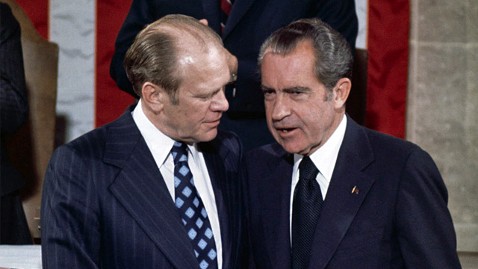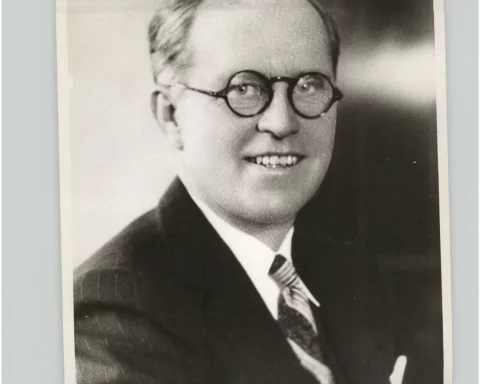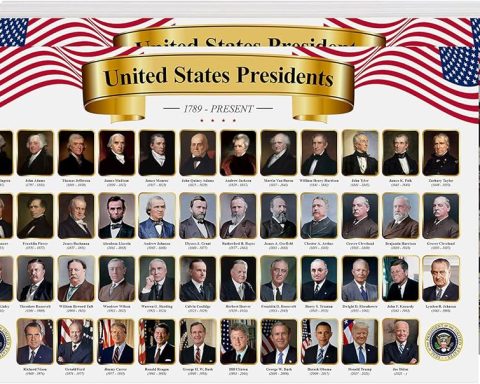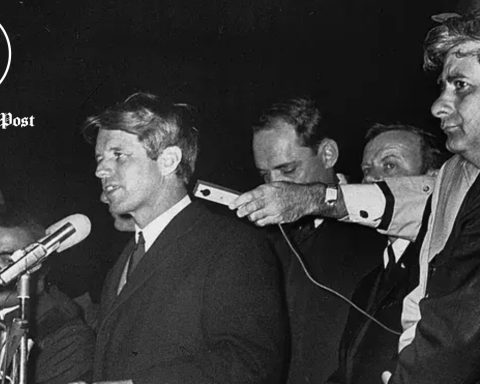In the history of American politics, few events have stirred as much controversy and debate as President Gerald Ford’s decision to pardon his predecessor, President Richard Nixon, on September 8, 1974. The Watergate scandal had left an indelible mark on the nation’s psyche, and many were eager to see Nixon held accountable for his actions. However, Ford’s controversial move to grant Nixon a full and unconditional pardon raised questions about justice, accountability, and the balance of power in American politics. In this blog post, we will explore the circumstances surrounding this pivotal moment in U.S. history and the enduring legacy of Ford’s decision.
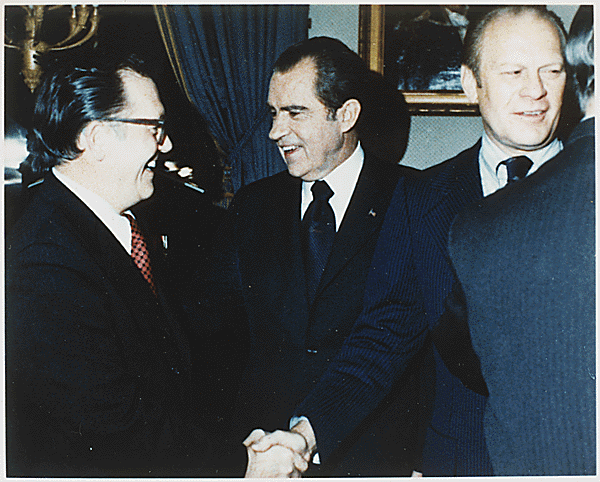
The Watergate Scandal
Before delving into the pardon itself, it’s crucial to understand the backdrop against which this historic event unfolded. The Watergate scandal, which began as a break-in at the Democratic National Committee headquarters in 1972, ultimately revealed a complex web of political espionage, cover-ups, and abuse of power within the Nixon administration. As investigations by journalists and Congress deepened, it became increasingly clear that President Nixon had been involved in efforts to obstruct justice.
The resignation
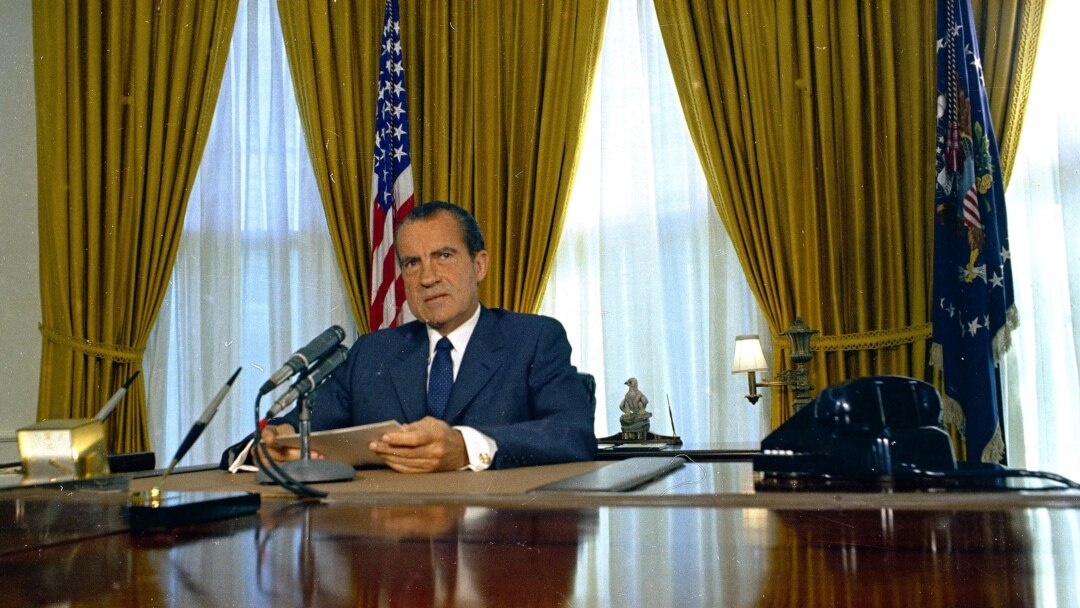
President Gerald Ford’s Dilemma
Upon taking office, President Ford faced an incredibly delicate and difficult decision. The nation was deeply divided over Watergate, and many Americans demanded accountability for Nixon’s actions. Ford had to weigh the desire for justice against the need to heal a deeply wounded nation and move forward.
Read: Nov. 27: Gerald Ford Confirmed as Vice President
The Pardon
On September 8, 1974, just a month after assuming the presidency, Ford made his fateful decision to pardon Richard Nixon. In his speech announcing the pardon, Ford argued that it was an act of mercy and reconciliation, intended to spare the nation the trauma of a protracted legal battle. He famously declared, “My conscience tells me it is my duty, not merely to proclaim domestic tranquility but to use every means that I have to ensure it.”
Reactions and Backlash
Ford’s pardon of Nixon sparked immediate controversy and backlash. Critics argued that it appeared to be a backroom deal to protect a fellow politician and that it undermined the principle of equal justice under the law. Ford’s approval ratings plummeted, and he faced intense scrutiny from both the media and his political opponents. Many felt that justice had been denied, and Ford’s credibility took a significant hit.
Legacy and Historical Perspective

In hindsight, the pardon’s impact on Ford’s legacy is mixed. While it undoubtedly hurt his popularity in the short term, some have come to appreciate the statesmanship and courage it took to make such a controversial decision. Ford himself defended the pardon throughout his life, believing that it was the right thing to do for the country.
Read: Jackie Kennedy; An Enduring Legacy of Grace, Elegance, and Resilience
Jackie Kennedy; An Enduring Legacy of Grace, Elegance, and Resilience
President Ford’s pardon of President Nixon remains one of the most debated and scrutinized moments in American political history. It highlighted the tension between justice and reconciliation and raised important questions about the role of presidential power. Whether one views it as an act of political pragmatism or a betrayal of justice, it is a reminder of the complexities and challenges of leadership in times of crisis. The Ford-Nixon pardon continues to serve as a lesson in the enduring struggle to balance the demands of justice with the need for national healing.

